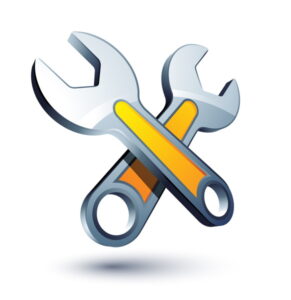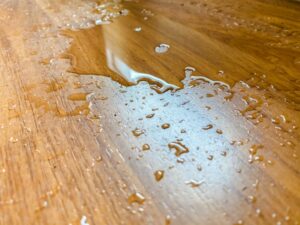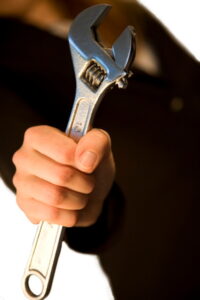Some air conditioning repair needs are more common than others. It is important to be aware of common AC needs so that if the signs of these problems pop up, you can call for service sooner rather than later. After all, acting fast is the difference between having a cheaper and easier repair to make or a more involved one that has the potential to leave lasting damage.
When you suspect that you need AC repair in Greenville, SC, give us a call to schedule your appointment. We can check out your air conditioner and address any potential problems to get your AC working like normal again. You can keep reading to learn more about four common AC repair needs and the early signs of each one.





